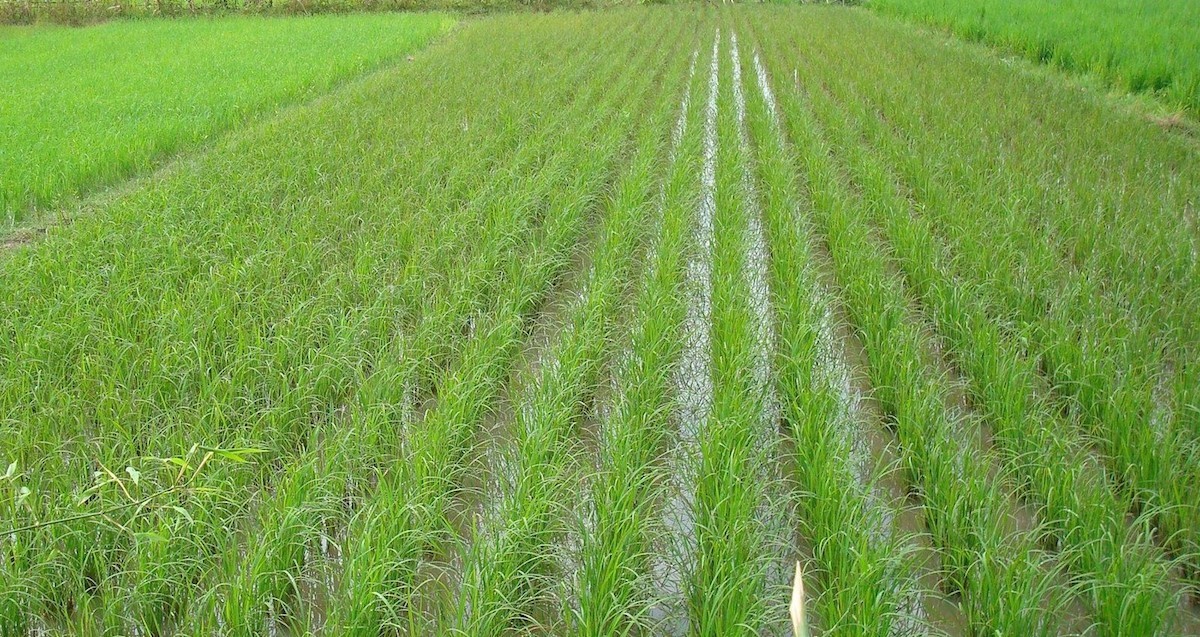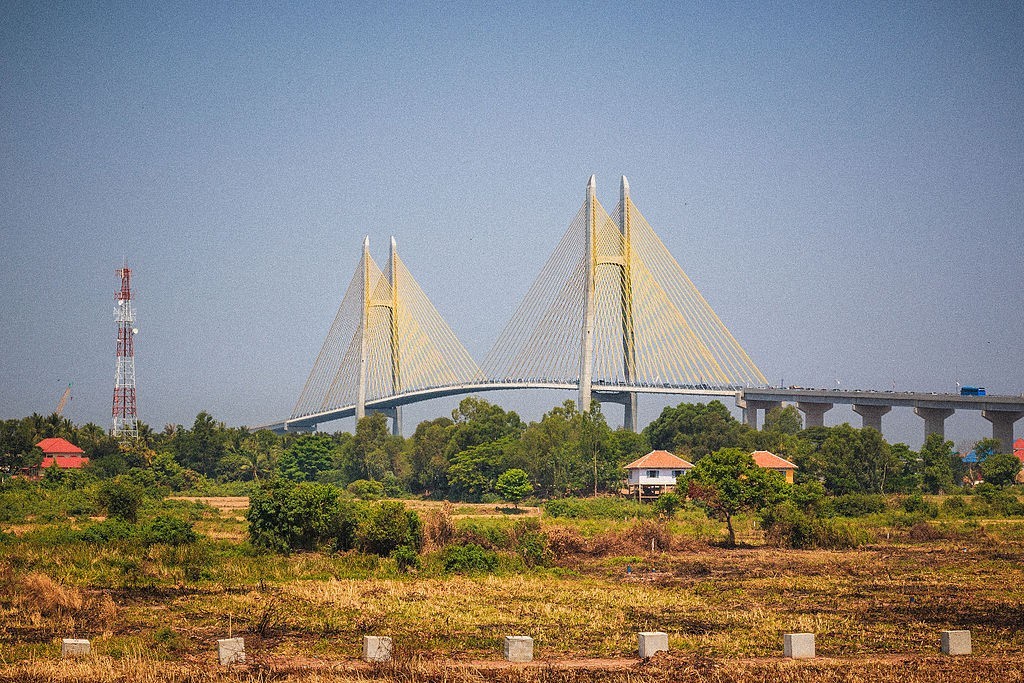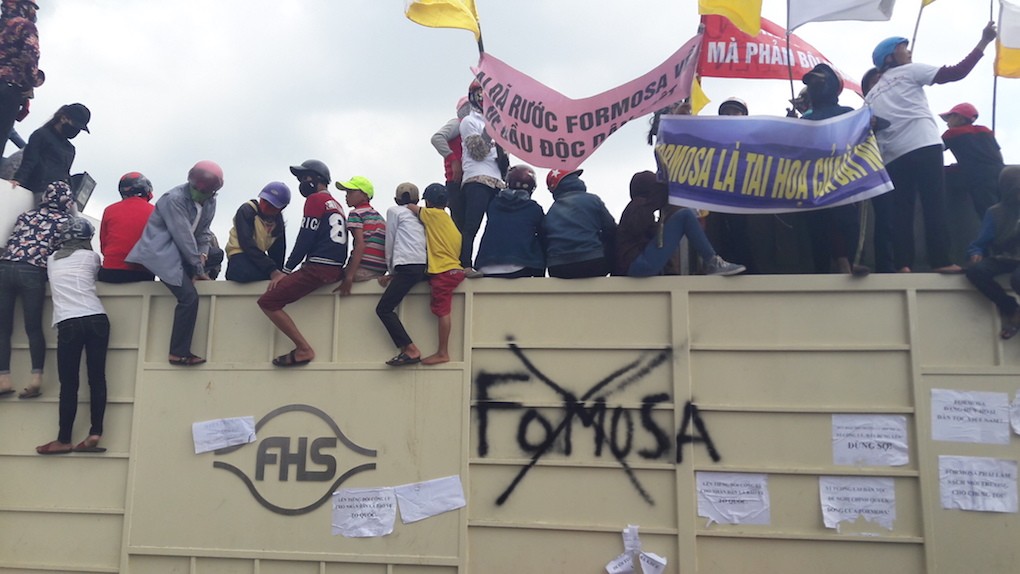The entire Mekong Basin is undergoing a period of rapid social and environmental transformation, a large part of which is closely linked to decisions made over water resources development and management. States and non-state actors, both domestic and international, profit and non-profit agencies and institutions, are piling into this sector and competing for their share of the action, making for a highly contested and politicized arena. Often the prior development history and discourse surrounding current developments are overlooked in the headlong rush for constructing more hydraulic infrastructure.
“Water resources management” incorporates a capacious and inclusive umbrella of actors, where few are excluded but in some contexts not all are welcome to contribute as true “stakeholders”, particularly those in civil society that bring a critical eye to the development paradigm or deviate from dominant state-sanctioned narratives. Exclusion and silencing of diverse voices are standard tactics by those that hold the reins of power. After all, there are considerable vested interests at stake, both politically and economically, especially where individual projects can be valued in amounts that run into several billion US dollars.
While hydropower is considered controversial and attracts increasing amounts of critical scrutiny regionally, especially from international media and NGOs, the irrigation sector is considered more benign and end-user friendly, and thus far has largely escaped much critical scrutiny, even though it is often more likely to fail and have wider ecological implications than hydropower. And for a Mekong fish species, it is unlikely to question whether the wall of concrete blocking its migration path is built for irrigation or hydropower purposes, though it may be less likely to survive or thrive in the run-off from the agrichemical-laced water created by irrigation schemes. An irrigation scheme’s ecological footprint may often be far more extensive and profound than that of a hydropower project. Furthermore, there is emerging evidence to suggest that many, if not most, irrigation schemes in the Lower Mekong Basin are failing on both technical and socio-economic grounds to achieve anything like basic standards of sustainability or meet their original development goals.
Read Part I From Israel to Indian Aid in Cambodia: The Prek Thnot river basin’s hydraulic development paradigm.
Read Part 2 Poverty Reduction and Sustainable Water Management via Irrigation Approaches in Cambodia?





